ABOUT THE PRODUCTION
There are those who consider the modern world to be one of the greatest inventions of mankind. Then there are others for whom everything nowadays is reduced to personal existence. Ene-Liis Semper’s and Tiit Ojasoo’s stage production NO43 Filth is a choreographic symphony about the moment when the world falls apart, filled with the maximum attention and energetic charge of the persons on stage. This is a stage production that does not let go of you. “Five days have passed but I can’t get the picture I’ve seen out of my head,” wrote one critic. “The images were extremely powerful and the stage production was utterly compelling. It is perhaps the most awesome stage production that has ever been staged in Estonia.” After its premiere, this stage production touched off a passionate argument in the media as well as among the public. Some said that stage productions like this one should not be staged at all. Others said they had never before seen such a lofty and poetic stage production.
THE AUTHORS
ENE LIIS-SEMPER (interdisciplinary artist) and TIIT OJASOO (theatre director) founded Theatre NO99 in 2005 and have remained its artistic directors since. The two have formed an indispensable duo that together with the actors of Theatre NO99 has received considerable aclaim across Europe. Ojasoo and Semper work in various formats, from productions presented in offices and other non-stage situations to television, film, and large scale stage productions with thousands of spectators at a time. Their works often combine visually expressive staging, fearlessly addressing the most complex societal issues. Ene-Liis Semper's latest production at Theatre NO99 was NO33 Hysteria, which premiered in December 2017. Tiit Ojasoo's latest production at Theatre NO99 was NO32, “The Kindly Ones” based on the eponymous novel by Jonathan Littell, which premiered in December 2017. In addition to Theatre NO99 Tiit Ojasoo's and Ene-Liis Semper's international career has over the years also included working at Münchner Kammerspiele and Thalia Theater Hamburg (Germany) where one their latest work was Peter Handke's “The Hour When We Knew Nothing Of Each Other“ that premiered in April 2015. That production was invited to Wiener Festwochen (Austria) and Ruhrfestspiele (Germany, both on 2015) and lately opened the Holland Festival (Netherlands, 2016). Ojasoo's and Semper's latest piece at Thalia, “Hänsel und Gretel“, premiered in April 2018. It has often been noted, a very central trait of Semper’s and Ojasoo's work as directors is the high level of scenic energy of their actors and also that the actors work as a well tuned ensemble. One of the specific qualities of his work is also the ability to develop societal metaphors out of very personal experiences and emotions.
FROM THE REVIEWS
Enrico Fiore, Controscena
Michael Wurmitzer, Der Standard
Yana Meerzon, The Theatre Times
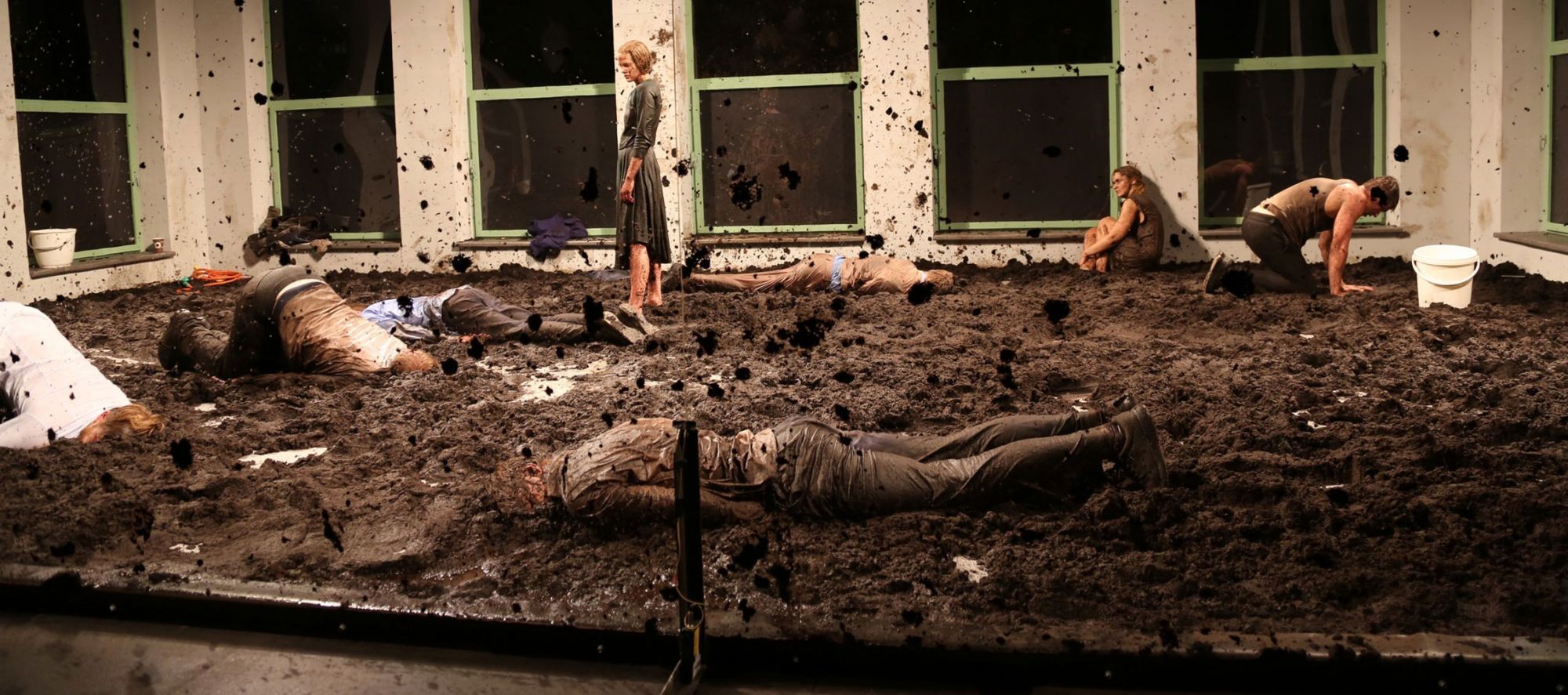

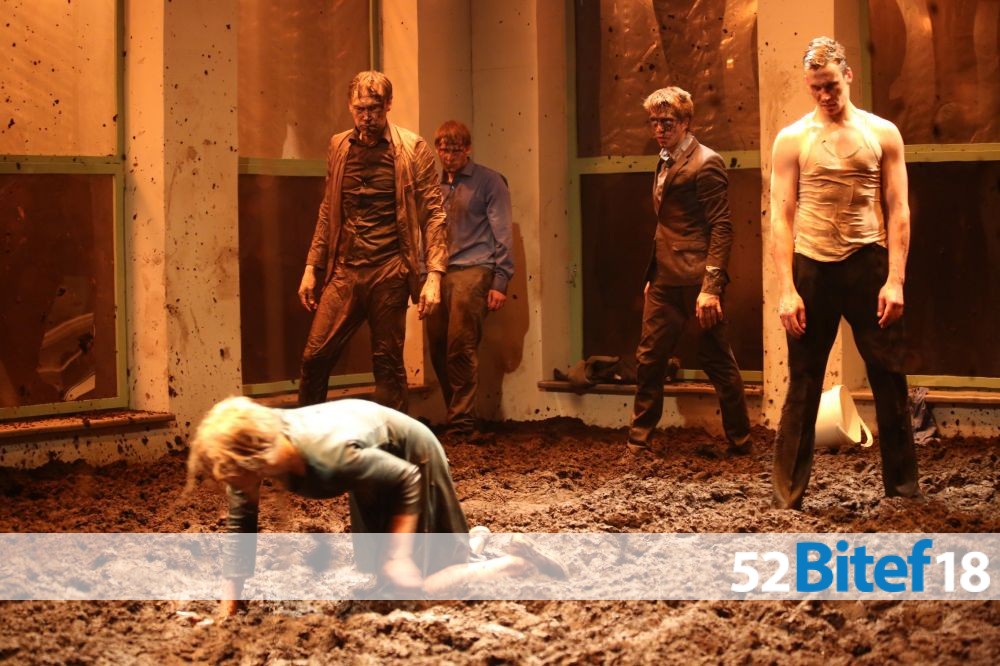
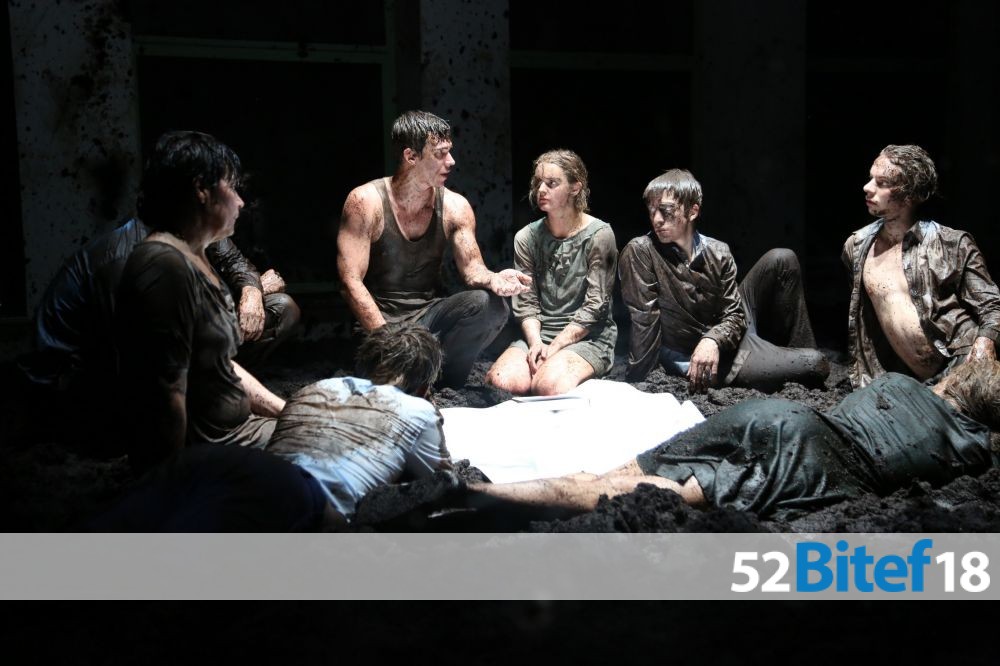
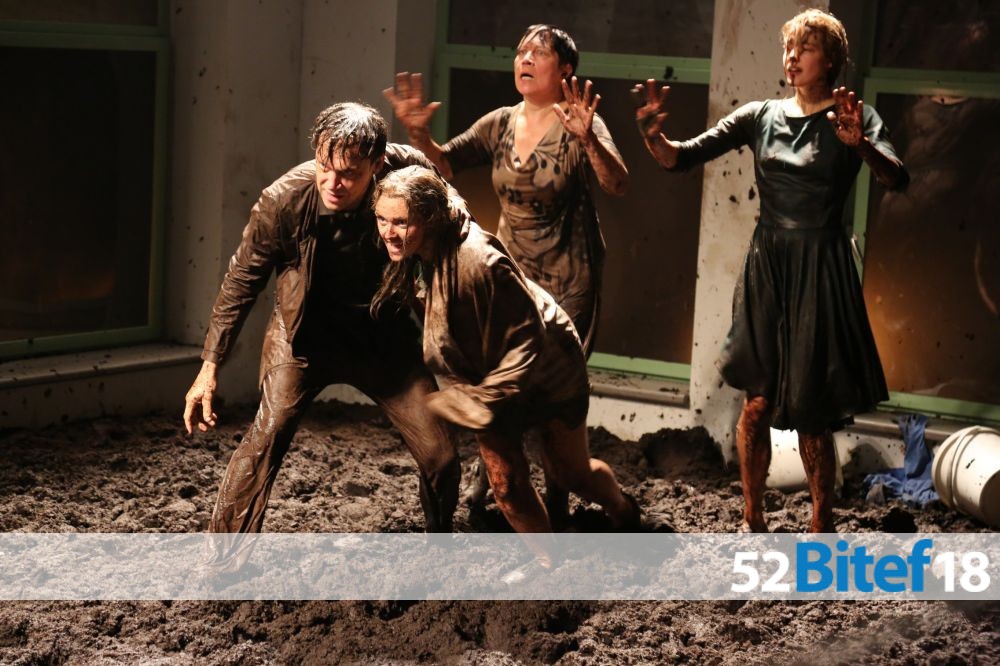
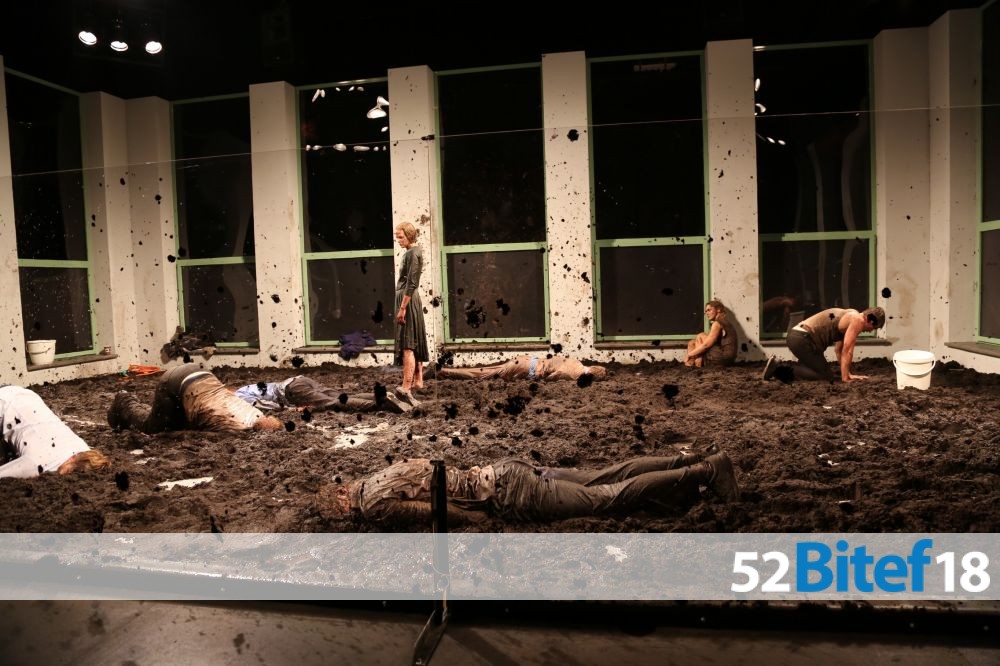
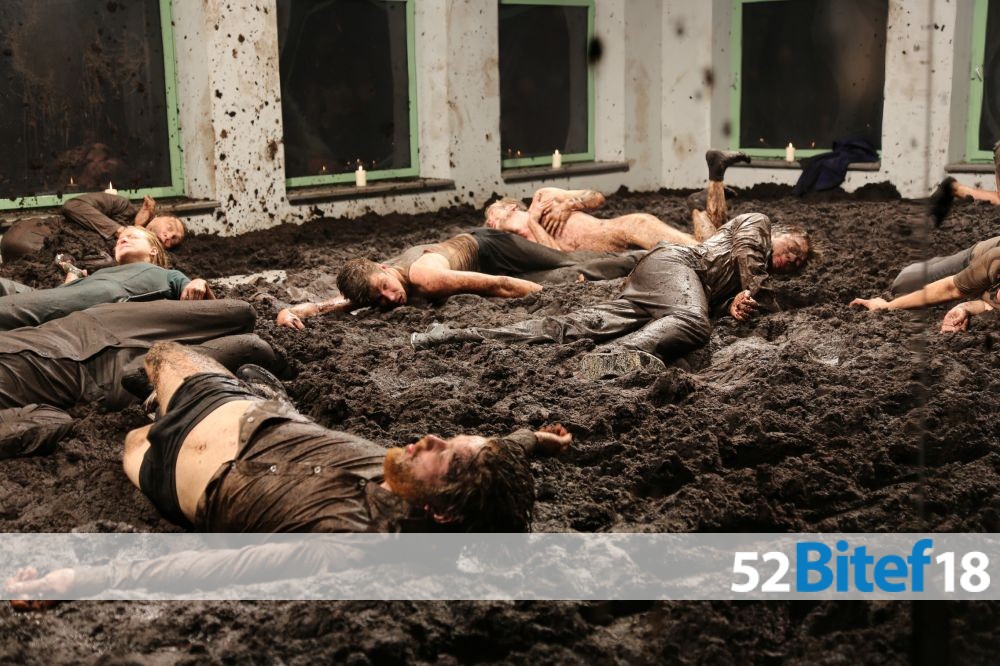
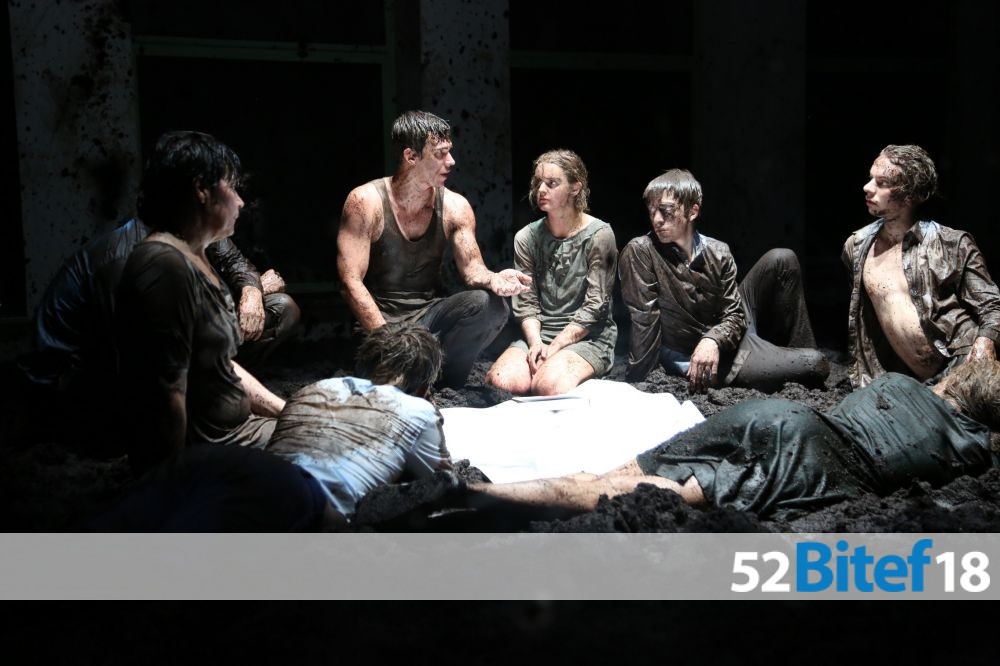
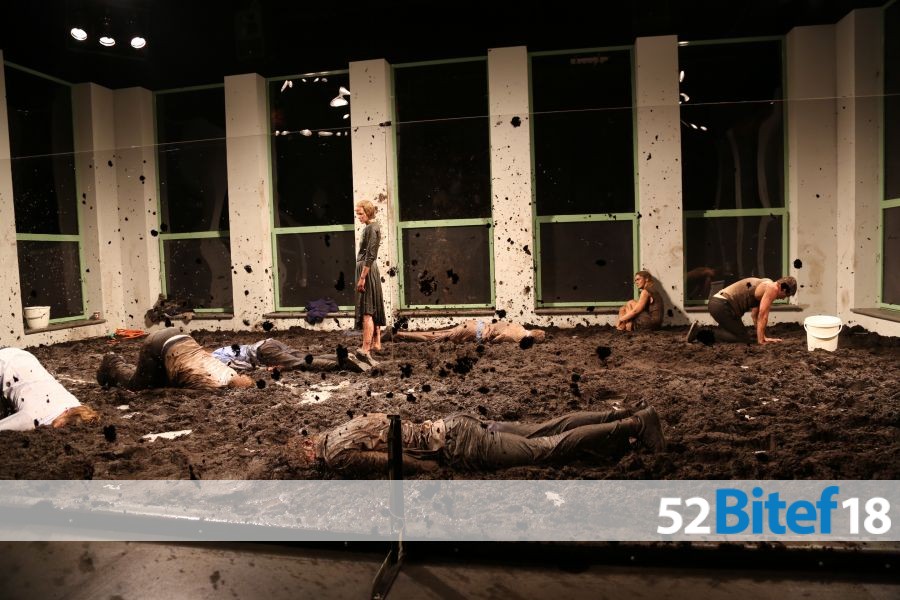
Оцените - total votes 0